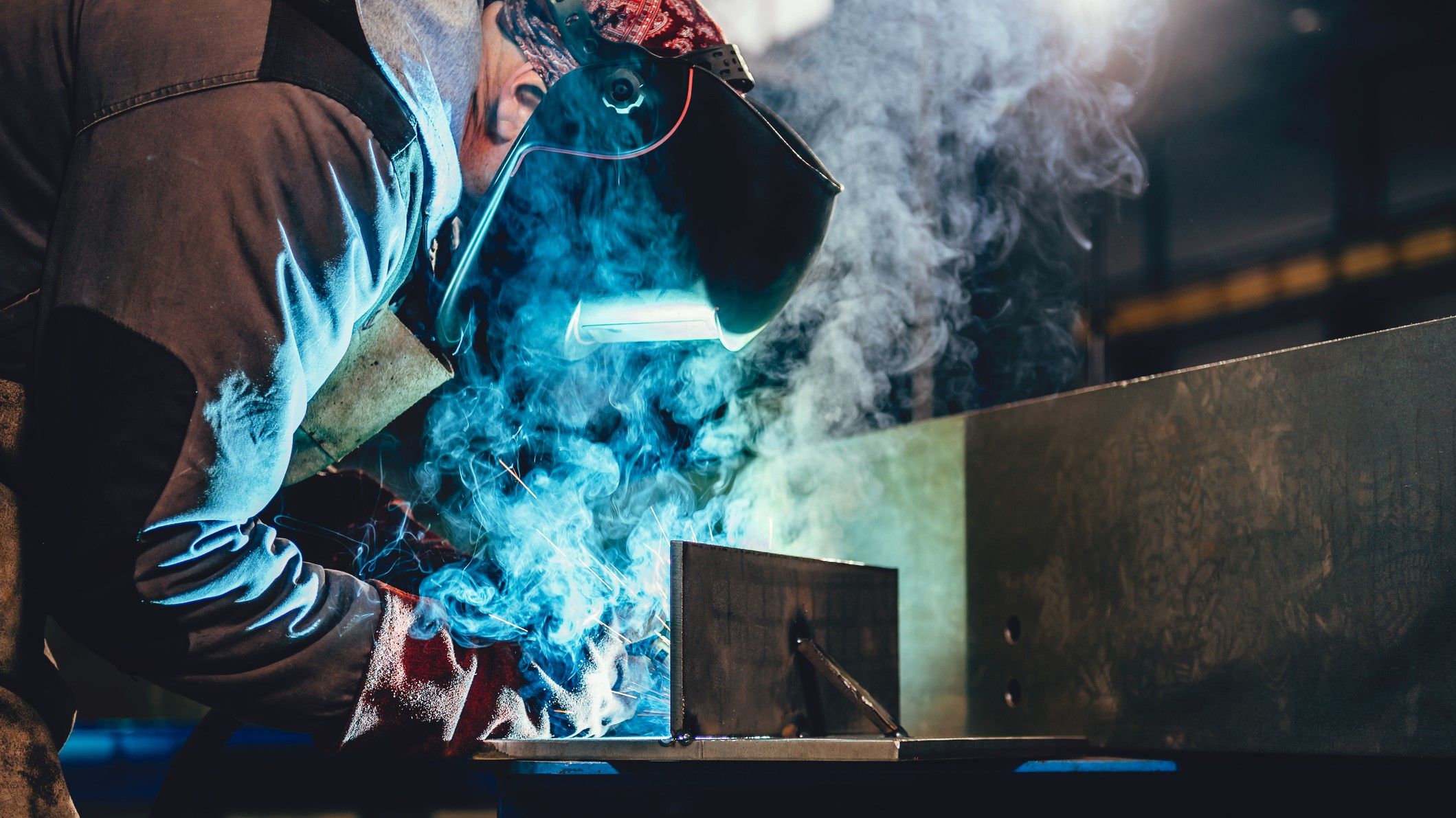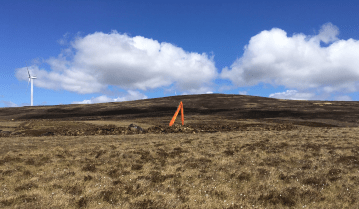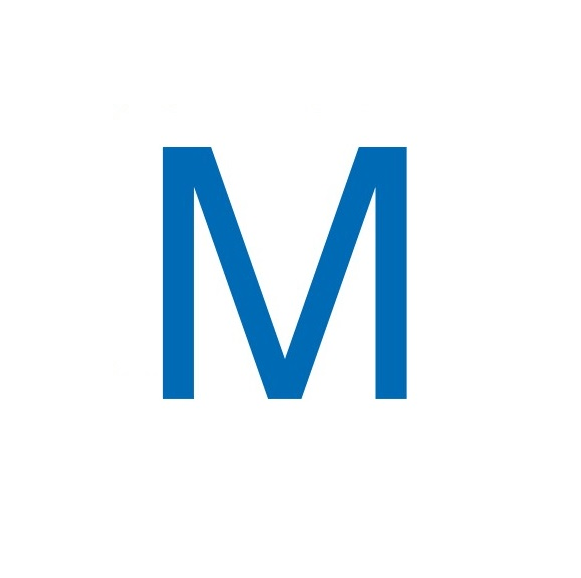Health and Safety Executive for Northern Ireland (HSENI) Announces Programme of Inspections of Engineering Businesses
26th April 2022 - Written by Connor McGimpsey

The Health and Safety Executive for Northern Ireland (HSENI) has announced an inspection and enforcement initiative within engineering companies, which is set to begin in May. The inspections will focus on compliance with industry standards specifically in relation to the control of welding fume.
What is the issue?
The Control of Substances Hazardous to Health Regulations (Northern Ireland) 2003 (COSHH) require employers to ensure that exposure to hazardous substances is prevented or, where this is not reasonably practicable, adequately controlled. One extremely common hazardous substance across industry locally is welding fume, consisting of multiple gases and fine particles which can cause ill health when inhaled. These substances are known ‘carcinogens’ (cancer causing) and ‘sensitisers’ (causing occupational asthma).
Many engineering processes generating welding fume do not sufficiently control employee exposure. There are many cases of regulatory action taken due to inadequate control of fume using mechanical means (local exhaust ventilation), and often there is a misconception that use of Respiratory Protective Equipment (RPE) alone is likely to be sufficient to ensure legal compliance (which is normally not) the case.
What should you do?
If your business is engaged in welding for any significant duration and/or frequency, you should:
- Risk assess the process (COSHH Regulation 6) and act on any findings.
- Prevent exposure using a hierarchy of control and apply controls (where engineering controls are prioritised much higher than RPE) (COSHH Regulations 7 and 8).
- Ensure all RPE is appropriately ‘fit tested’ (where relevant) by a ‘Fit-2-Fit’ accredited tester.
- Ensure local exhaust ventilation is maintained and serviced (maximum 14 monthly) by a qualified test engineer (as for evidence of ‘BOHS P601’ as a minimum).
- Ensure controls are effective, typically by undertaking monitoring of exposure (COSHH Regulation 10) according to the limits in EH40/2005 Workplace exposure limits.
- Ensure you use a BOHS Registered Occupational Hygienist (see BOHS-Buyers-Guide-Sep-19.pdf). Monitoring should be repeated following any changes to process, welding consumables, and/or to check the effectiveness of control measures. It is good practice to repeat this at a two year interval.
- Arrange health surveillance where appropriate (the ‘SOM’ register of occupational health providers is available at here).
How our Team of Occupational Hygienists can support
Our Occupational Hygienists can support you to monitor employee exposure to a broad range of welding fumes across a range of industries. We are BOHS registered occupational hygienists with significant experience, and a local presence in Northern Ireland.
If you would like to discuss in relation to your engineering business, please contact Connor McGimpsey (Senior Occupational Hygiene and Safety Consultant) at mcgimpsey@mabbett.eu.
Useful resources and support
Some useful resources are provided below to help you improve the health of your staff (and compliance):












 Previous
Previous 

